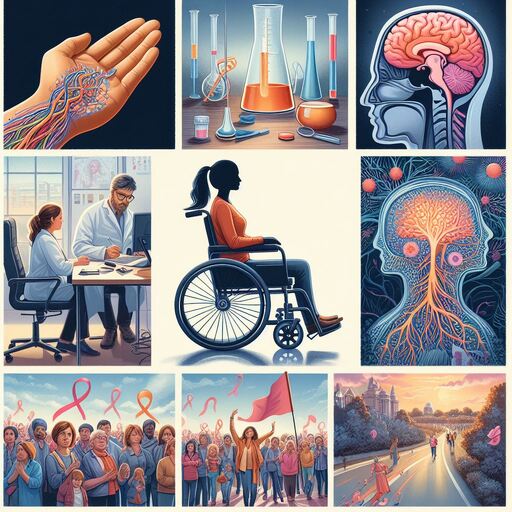ALS, also known as amyotrophic lateral sclerosis, is a degenerative neurological disorder that affects the nervous system. It typically begins with weakness in one limb, which can progress to involve all parts of the body over time. ALS can also cause difficulty swallowing and speaking.
The exact cause of ALS is not fully understood, but it is believed to involve a combination of genetic and environmental factors. Studies have shown that individuals with ALS have differences in brain structure and function compared to those without the disorder. Additionally, certain neurotransmitter systems, such as dopamine and serotonin, may play important roles in regulating motor function.
Treatment for ALS typically involves a combination of medications, physical therapy, and occupational therapy. Medications such as riluzole or edarphinex can help slow the progression of the disorder by reducing inflammation and oxidative stress in the brain. Physical therapy can help individuals with ALS maintain their mobility and strength, while occupational therapy can help with tasks related to daily living.
It’s important to note that ALS is a serious disorder with no cure. Treatment for ALS typically involves a combination of medications, physical therapy, occupational therapy, and other supportive care. The goal of treatment is to improve quality of life and manage symptoms associated with the disorder.
If you or someone you know has ALS, it’s important to seek medical attention from a healthcare provider or neurologist who specializes in the condition. Early intervention and appropriate treatment can help individuals with ALS manage their symptoms and improve their overall well-being. Additionally, support groups and other resources are available to provide emotional and practical support for individuals and families affected by ALS.

